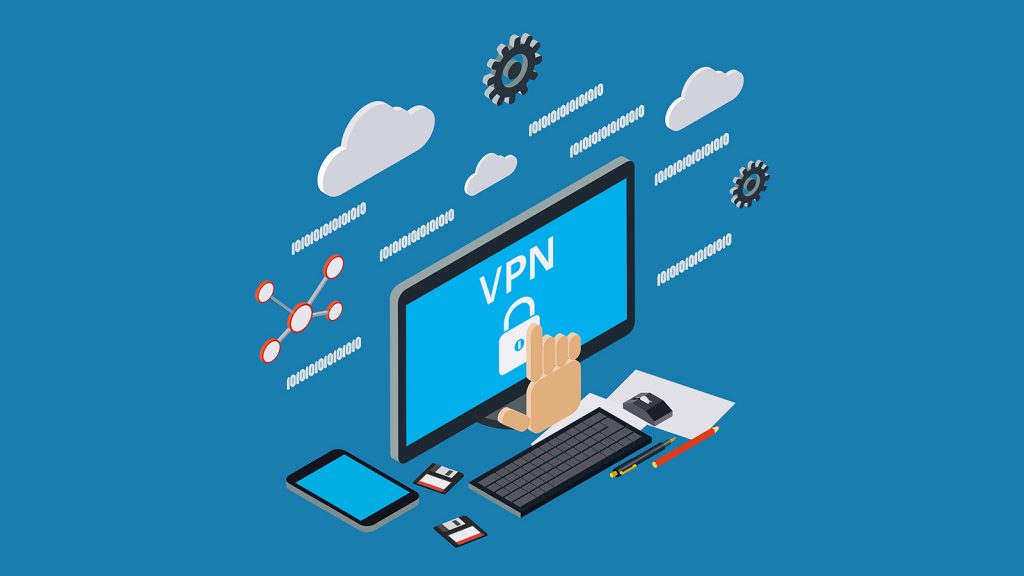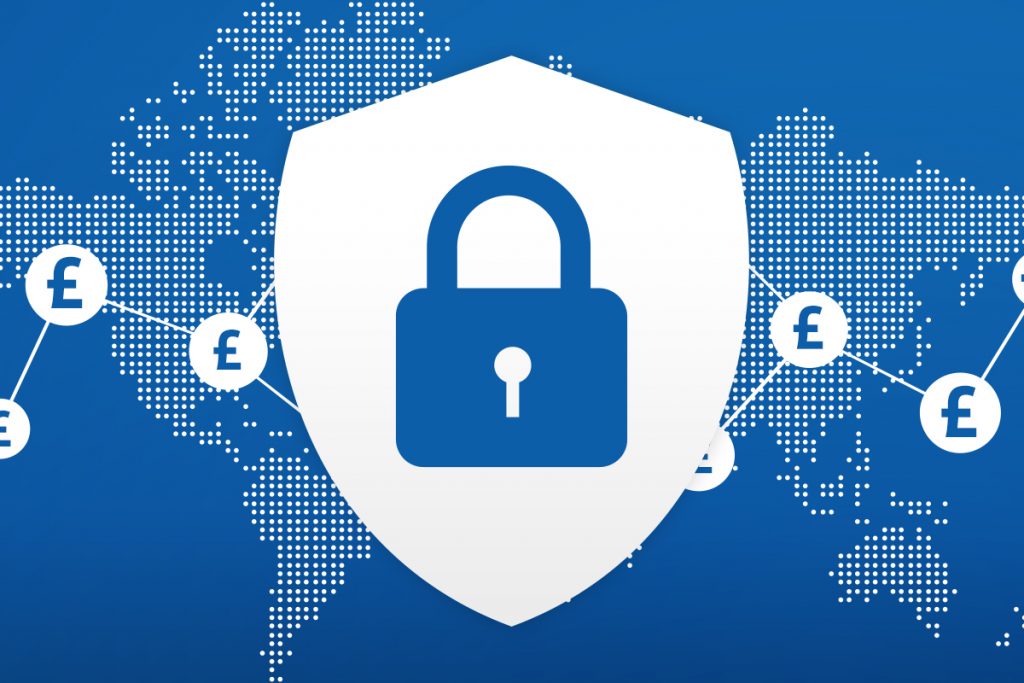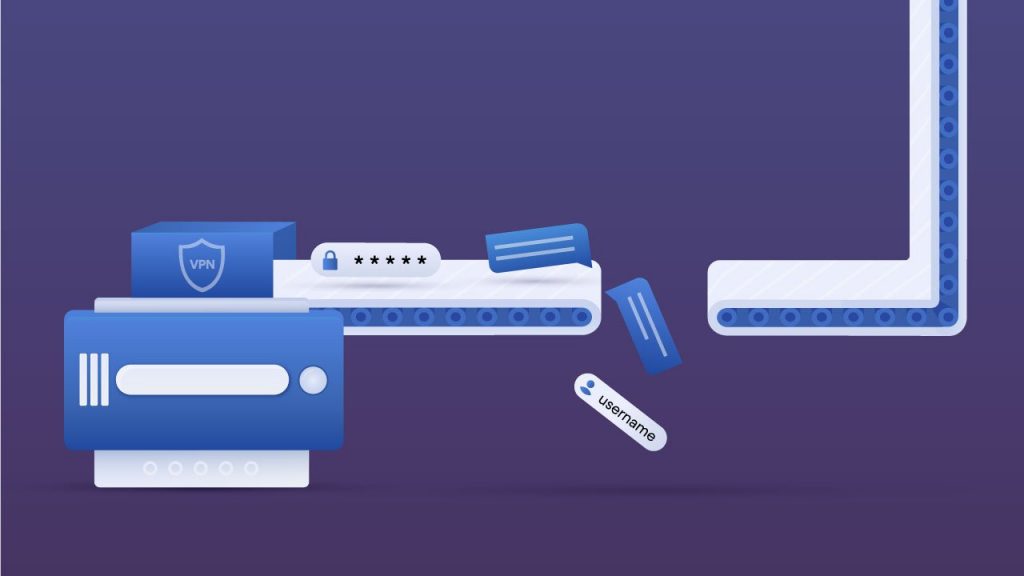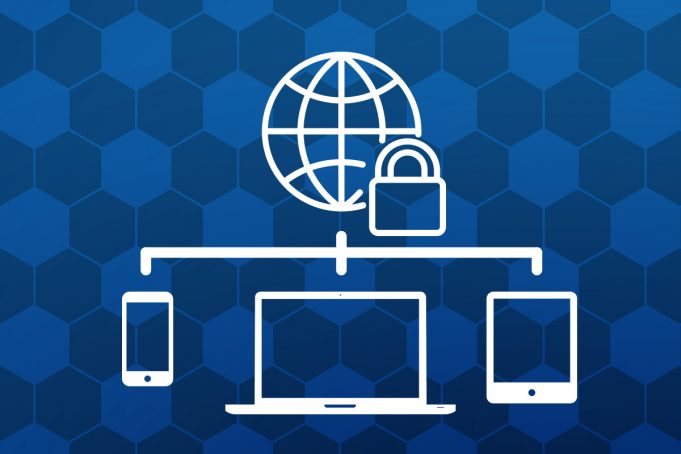The global Virtual Private Network (VPN) market is set to grow from an industry worth $15.6 billion in 2016 to being valued at over $36 billion by the end of 2025. This is massive growth for one sector of the cybersecurity industry.
The meteoric rise in market growth and popularity amongst users could be considered shocking, as many countries have moved to ban VPNs completely. With each attempted legislation focused on restricting the use of VPNs, the market seems to react by demanding further VPN access.
As many governments seeking the removal of VPNs from app stores and websites restrict media content, citizens in these countries are adamant about the desire to keep VPNs available.
The VPN was once a term reserved for tech-savvy circles and cybersecurity professionals, but VPNs have become mainstream. Why are so many people flocking to download VPNs to their Android phones? Should casual internet browsers even bother with a VPN?
Here we will examine 5 reasons the VPN market has grown in popularity and what we can learn from that.

1. Our data is more vulnerable than ever
In order of importance, security may be the VPN feature at the top of the list. VPN providers typically afford users a sense of peace by encrypting traffic to and from the VPN servers. This can prevent hackers from observing your passwords, account numbers, and contacts.
For example, if you are using your Android to connect to the internet at a local café, the odds are that the connection is unsecured. Hackers feast on these connections by waiting for a vulnerable device to tap into. Downloading a VPN to your Android can create a shield around your data and prevent hackers from seeing any of your information. One of the best options can be found here.
2. We are concerned about personal privacy
Security and privacy are often lumped together but should not be. A VPN can perform the task of hiding your IP address from prying eyes. When you are connected to a VPN, the IP address listed will be the IP address of the VPN server and not the one you are connecting from.
It is essential to choose a high-quality VPN that can consistently protect your IP address. Seek out a VPN that prevents sudden disconnections or crashes as these scenarios could suddenly reveal your IP address.

3. People around the world feel GDPR geo-blocks are unfair
With the new GDPR in effect, many users in the EU have found themselves suddenly unable to access popular websites. In a knee-jerk reaction, many major companies have blocked all browsing from the EU to avoid non-compliance issues with the GDPR.
Users who want to evade these blocks and get back to their normal browsing can use a VPN to make it appear that they are accessing content from a region outside the EU. Geo-blocks have existed for quite some time but have recently come to the forefront with the new legislation impacting such a large group of people.
4. We are inconvenienced by content blocking
Whether a geo-block based on your global location or needing to get around web browsing filters, a VPN can help. For geo-blocks, VPNs can make it appear that the connection is in a different country, negating the block completely. As for web browsing filters, the unique IP address a VPN offers can help users avoid being blocked from viewing certain websites.
These capabilities could prove useful to those being subjected to price discrimination. Certain companies use data to determine the pricing of their products for consumers in a region. Typically, these pricing changes are based on the location of the IP address associated with the customer. Using a VPN located in an area where the pricing is lower can save significant amounts of money over time.

5. We want to keep our internet browsing private
Users are often appalled by how much information is collected during simple internet browsing. With the recent rollbacks of legislation restricting the sharing of this type of information, many individuals clamored for something to help mask their identity and thus remove them from these logs.
The VPN has been sought out heavily since 2017 when these rollbacks were made official in the US. A VPN can provide protection for users who prefer not to have all their browsing data shared amongst companies.
Conclusion
The popularity of the VPN has grown significantly in just a few years. The combination of fears of cyber-attacks and new restrictive legislation has created a perfect scenario for VPN market growth. Consumers should take heed to the popularity and consider using a VPN for safety, security, and confidence.









